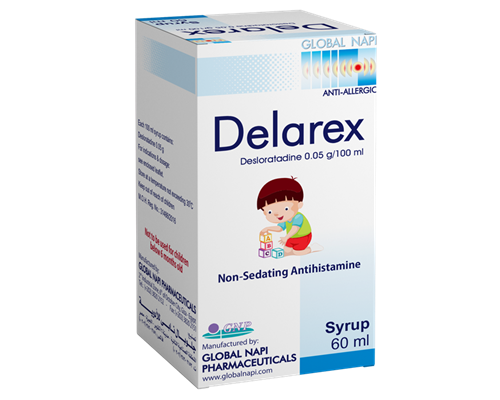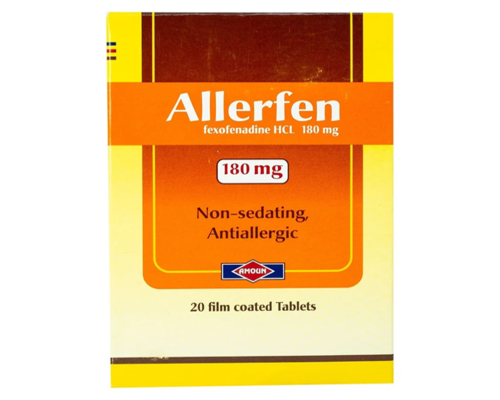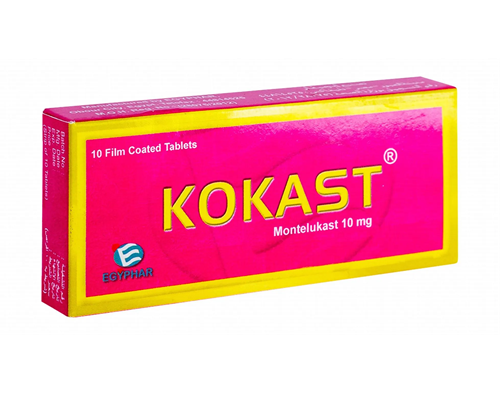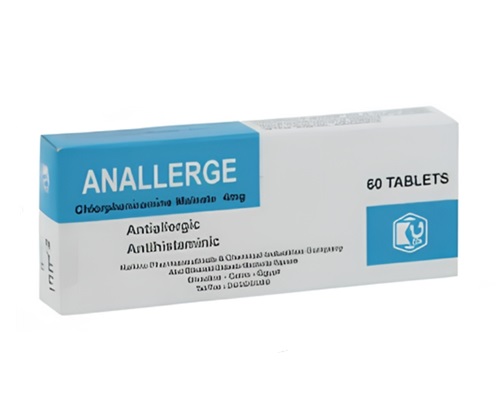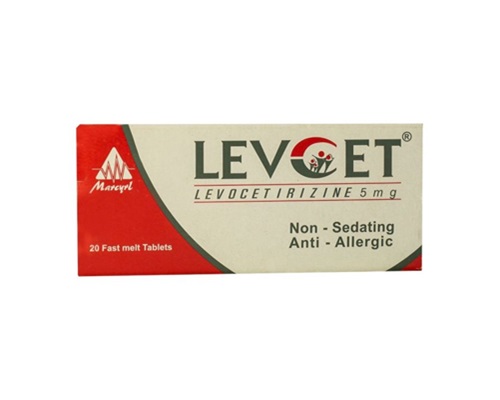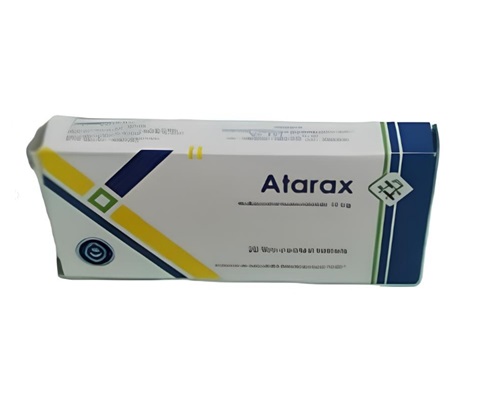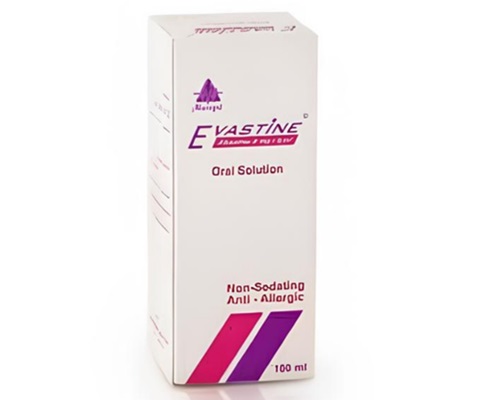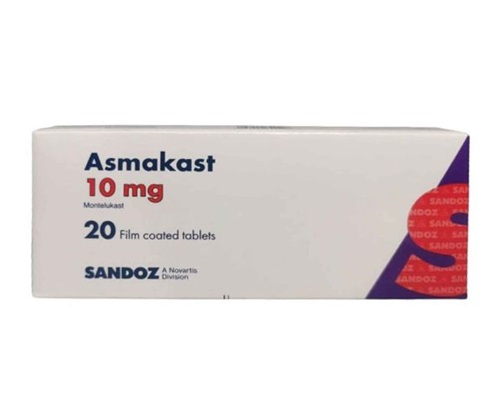Description
Trade name:
Ticanase
Ticanase
Composition:
Each dose of spray contains:
Fluticasone propionate 50 mcg.
Excipients: microcrystalline cellulose, carboxymethylcellulose, benzalkonium chloride, polysorbate 80, dextrose monohydrate, phenylethyl alcohol, hydrochloric acid, purified water.
Properties:
Fluticasone propionate is a substance with a strong anti-inflammatory effect. With intranasal administration, no pronounced systemic action and suppression of the hypothalamic-pituitary-adrenal system are observed.
Fluticasone propionate has an anti-inflammatory effect due to interaction with glucocorticosteroid receptors. Fluticasone propionate has a rapid anti-inflammatory effect on the nasal mucosa, and its anti-allergic effect appears within 2-4 hours after the first application. Reduces sneezing, itching in the nose, runny nose, nasal congestion, discomfort in the paranasal sinuses and a feeling of pressure around the nose and eyes. In addition, it alleviates eye symptoms associated with allergic rhinitis. Reduction in the severity of symptoms (especially nasal congestion) lasts for 24 hours after a single administration of a spray at a dose of 200 mcg. Fluticasone propionate improves the quality of life of patients, including physical and social activity.
Indications:
Prevention and treatment of seasonal and year-round allergic rhinitis (including hay fever).
Contraindications:
– Hypersensitivity to fluticasone propionate or any other component of the drug;
– Children under 4 years of age.
With caution:
– Simultaneous administration with strong inhibitors of the CYP3A4 isoenzyme, such as ritonavir and ketoconazole, may cause an increase in the concentration of fluticasone propionate in the plasma;
– With simultaneous use with other dosage forms of glucocorticosteroids;
– In the presence of infections of the nasal cavity or paranasal sinuses. In this case, infectious diseases of the nose require appropriate treatment, but are not a contraindication to the use of nasal spray;
– After a recent nasal injury or surgery in the nasal cavity, or in the presence of ulcers of the nasal mucosa.
Use during pregnancy and breastfeeding:
The drug can be prescribed to pregnant and lactating women only in cases where the expected benefit to the patient outweighs any possible risk to the fetus or child.
Precautions:
Without a doctor’s supervision, the nasal spray should not be used continuously for more than 6 months.
With prolonged use, regular monitoring of adrenal cortex function is necessary.
There are reports of systemic effects when using nasal glucocorticosteroids in very high doses for a long time.
In children receiving intranasal glucocorticosteroids, a decrease in growth rate was observed. Therefore, the lowest dose that provides adequate control of disease symptoms should be used as a maintenance dose in children.
Side effects:
From the immune system:
Very rare: hypersensitivity reactions (including bronchospasm, rash, swelling of the face and tongue, anaphylactic reactions), anaphylactoid reactions.
From the nervous system:
Common: headache, unpleasant taste and smell. Headache, unpleasant taste and smell have also been reported with the use of other nasal sprays.
From the organ of vision:
Very rare: glaucoma, increased intraocular pressure, cataract.
From the respiratory system, chest organs and mediastinum:
Very common: nosebleed.
Common: dryness in the nasal cavity and pharynx, irritation of the mucous membrane of the nasal cavity and pharynx.
Very rare: perforation of the nasal septum.
Storage method:
Store at a temperature not exceeding 30 degrees.
Packaging:
The cardboard pack contains a bottle of spray 120 doses, paper instructions….


